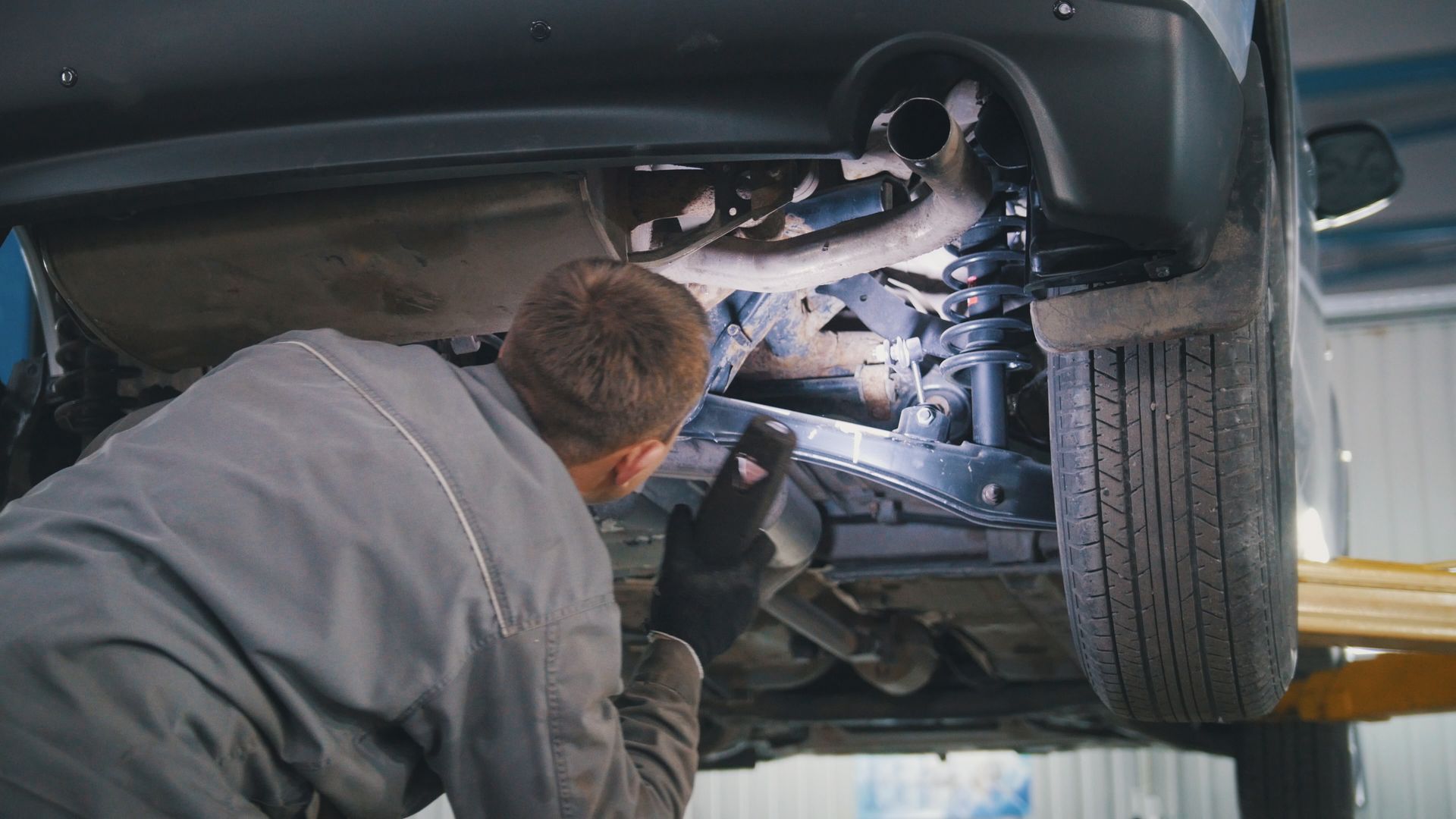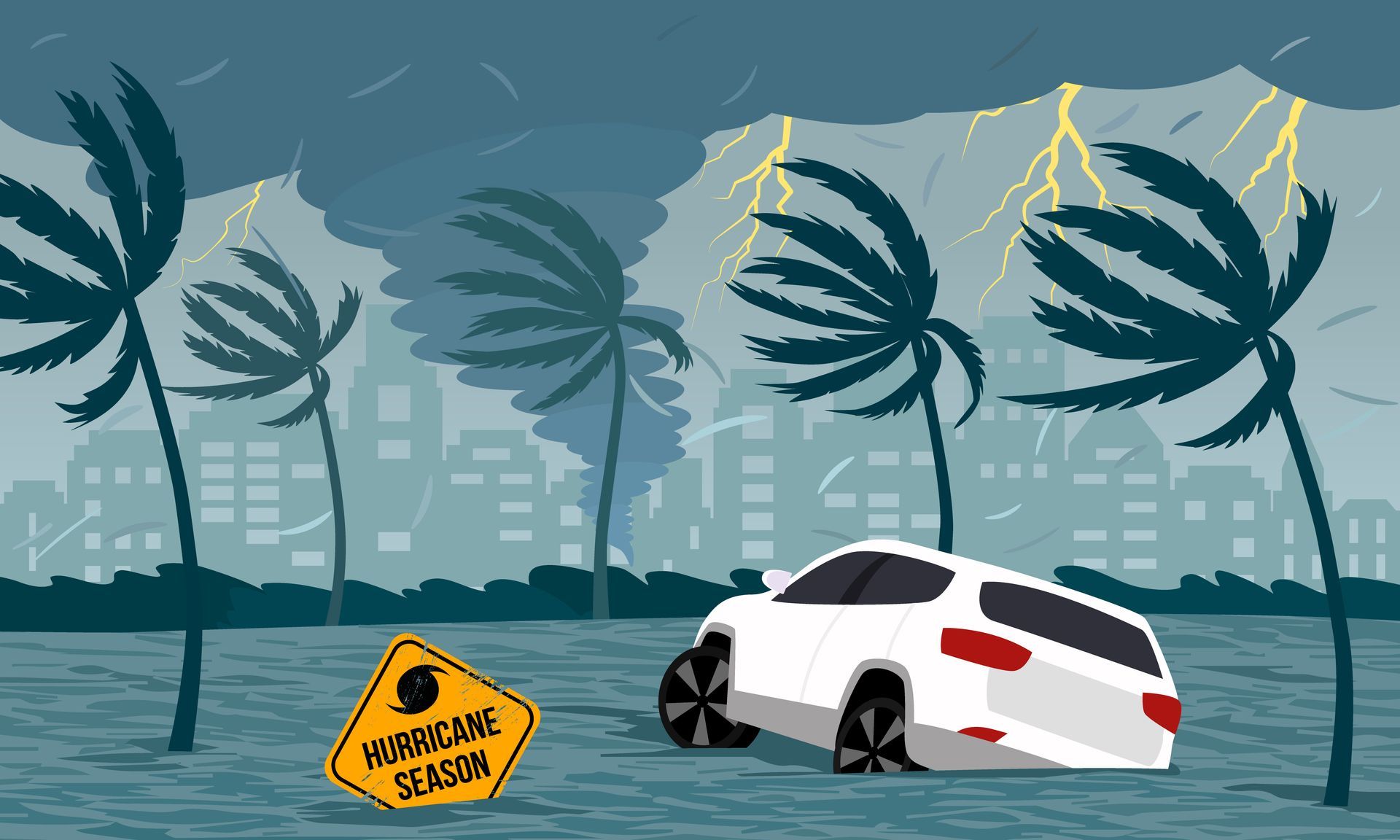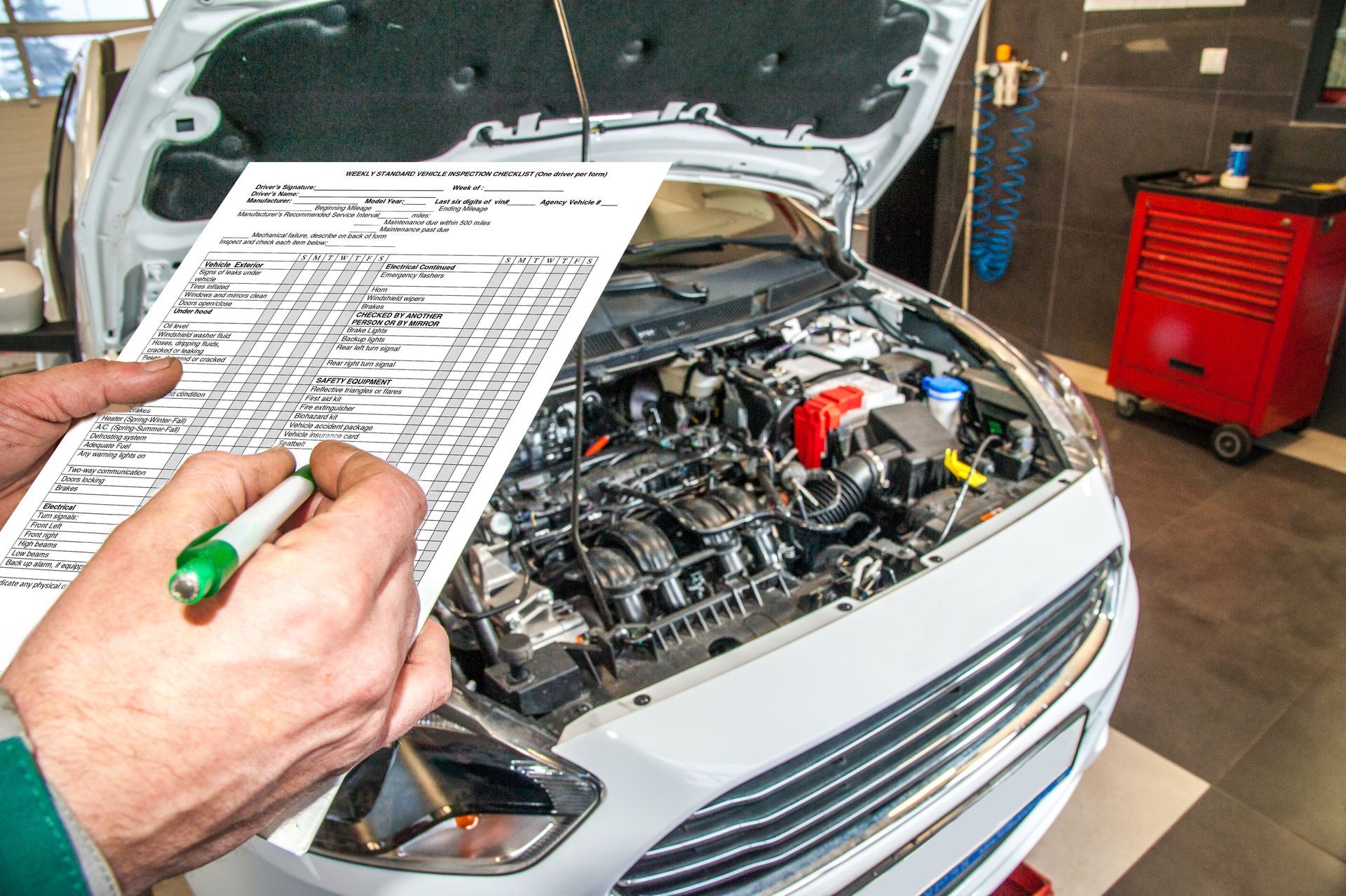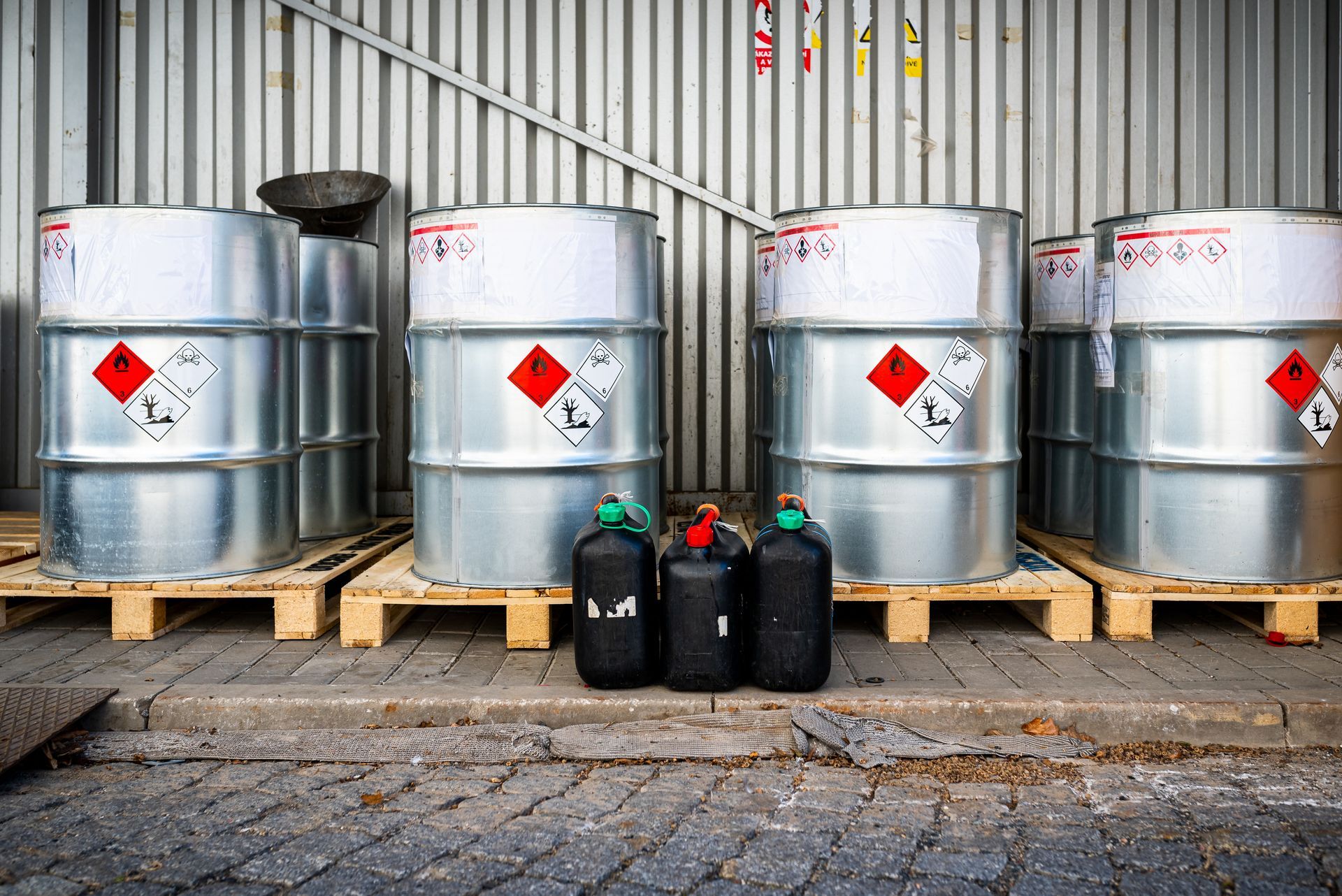There’s nothing quite like stepping into a cool car on a sweltering summer day unless your A/C system isn’t working the way it should. A failing air conditioner can quickly turn a pleasant drive into a sweaty, frustrating ordeal. While it may seem like the system just stopped working without warning, there are usually early signs or ongoing issues that gradually reduce its performance.
Knowing what to look out for can save you from discomfort and even prevent costly repairs down the road. Here are six common A/C problems that can spoil your summer driving experience.
Low Refrigerant Levels
The refrigerant in your A/C system is what allows it to cool air effectively. If your system is blowing warm air or takes too long to cool down, a refrigerant leak could be to blame. This is one of the most common causes of A/C issues and can result from aging components, damaged seals, or loose fittings.
Refrigerant doesn’t get used up like fuel. It should stay sealed within the system. If it’s low, there’s a leak somewhere that needs to be found and repaired before adding more refrigerant.
Compressor Failure
The compressor is the core of your A/C system and is responsible for circulating refrigerant through the evaporator and condenser. If it stops working, you’ll lose all cooling power. Compressors can fail due to age, inactivity, or contamination from a malfunctioning component.
Often, compressor failure is preceded by unusual noises, short cycling, or poor airflow. Ignoring these symptoms may lead to total failure, which is a much more expensive repair than addressing the issue early.
Electrical Problems or Faulty Relays
Your car’s A/C depends on a complex network of sensors, switches, and relays. If any of these components malfunction, the system may not engage properly or could stop working entirely. Electrical issues can be difficult to spot, especially since they often affect other systems too.
An experienced technician can perform a diagnostic scan to pinpoint faults and determine whether a relay, sensor, or control module needs replacement.
Clogged or Leaking Condenser
The condenser helps cool the refrigerant after it absorbs heat from your cabin. If the condenser is clogged with debris, damaged, or leaking, the system won’t cool efficiently. You may notice weak airflow, uneven cooling, or higher-than-usual engine temperatures since the condenser sits close to the radiator.
Regular cleaning and inspection of the condenser area, especially before summer, can prevent issues caused by road grime or minor front-end impacts.
Foul Odors From the Vents
If your car smells musty or foul when you turn on the A/C, you might have mold or mildew growing in the evaporator or cabin air filter. This typically occurs when moisture becomes trapped in the system, often due to inadequate drainage or humid weather conditions.
Replacing the cabin filter and disinfecting the system can help remove odors and improve air quality. If left unchecked, mold buildup can lead to health concerns and affect A/C performance.
Weak Airflow or Hot Spots
If the system turns on but the airflow is weak, there could be a problem with the blower motor, a clogged cabin filter, or damaged ductwork. In some cases, broken blend doors inside the HVAC system prevent cool air from being evenly distributed, resulting in hot spots inside the car.
These issues often worsen gradually, so it’s important to note any changes in airflow before they become major concerns.
Don't Sweat It—Let Mr. Best Wrench in Jacksonville, FL, Keep You Cool
A reliable air conditioning system isn’t just a luxury in the summer—it’s a necessity. If your A/C isn’t performing like it used to, now is the time to get it checked. Most problems are easier and more affordable to fix early on, and a professional inspection ensures your system is ready to take on the heat.
Call
Mr. Best Wrench in Jacksonville, FL, today to schedule your A/C diagnostic. Stay cool and drive comfortably no matter how high the temperature climbs.





